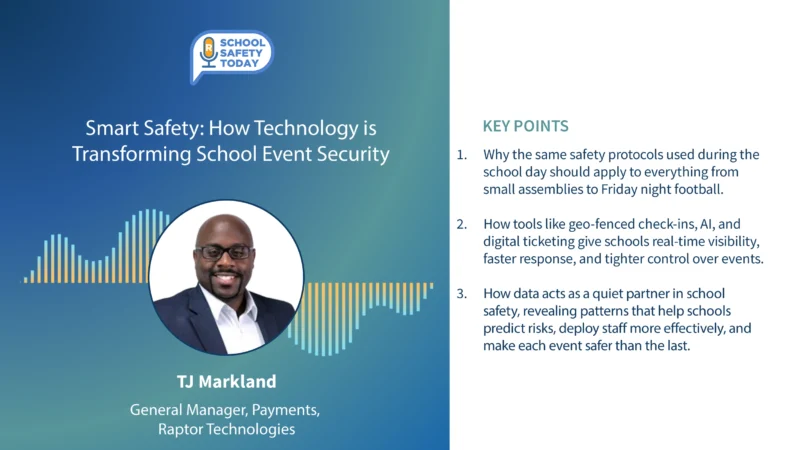The Story of Tripod: Revolutionizing Education with the 7C Surveys
Dr. Ron Ferguson, the founder of Tripod and a prominent figure in education research, discusses the inspiration behind Tripod and the development of the 7C Survey. The motivation stemmed from his work on closing achievement gaps and understanding students’ experiences in the classroom. The Tripod Surveys initially focused on content, pedagogy, and relationships, but evolved to include the 7C framework, which addresses engagement and teaching effectiveness.
Tripod’s unique approach includes gathering student perspectives, an often overlooked aspect in measuring effective teaching. The 7Cs encompass care, confer, captivate, clarify, consolidate, challenge, and classroom management, providing a comprehensive view of teaching quality. Dr. Ferguson highlights the significance of peer dynamics and the hidden curriculum that greatly influence student engagement.
He emphasizes the importance of schools and districts utilizing Tripod data to support teacher growth and identify areas of improvement. Effective leadership, earned authority, and courageous decision-making are essential for meaningful change in educational institutions. Lastly, Dr. Ferguson shares his personal journey from an economist to an advocate for early childhood development through “thebasics.org,” an initiative to empower parents in giving their children a strong foundation for academic success.
- Tripod Surveys: Tripod Surveys have emerged as a pioneering initiative revolutionizing education worldwide. Designed to address achievement gaps, it incorporates the essential dimensions of effective teaching: content knowledge, pedagogy, and personal connections.
- Holistic Teacher Evaluation: The 7C Survey developed by Tripod captures the crucial elements of effective teaching, surpassing traditional evaluation methods. Teachers’ competence in delivering content, employing effective pedagogy, and building strong relationships with students is meticulously assessed.
- Amplifying Student Voices: The 7C Survey empowers students by giving them a voice in their educational experience. By openly expressing their perspectives on classroom engagement, care, and challenge, students actively influence teacher improvement and learning outcomes.
- Going Beyond Grades: Unlike conventional evaluation approaches reliant on grades and test scores, the Tripod Surveys delve deeper into the intricacies of classroom dynamics. Captivating students’ interest, clarifying concepts, consolidating knowledge, challenging them, and managing the classroom are all vital components of an effective teacher’s toolkit.
- Unveiling Hidden Dynamics: The survey’s significance extends beyond teacher-student interactions. It brings to light the often overlooked influence of peer dynamics and teacher relationships within a school’s culture. Understanding these dynamics enhances student engagement and academic performance.
- Driving Systemic Change: Schools and districts embrace Tripod data to make informed decisions, aligning strategies for teacher development and enhancing classroom environments. The survey serves as a catalyst for transformational change, facilitating focused interventions to address challenges in education.
- From Economist to Education Researcher: Dr. Ron Ferguson’s remarkable journey from economics to education research showcases his passion for uplifting communities. His groundbreaking work, including “The Basics” initiative, focuses on early childhood development, empowering parents to ensure children flourish academically and personally.



